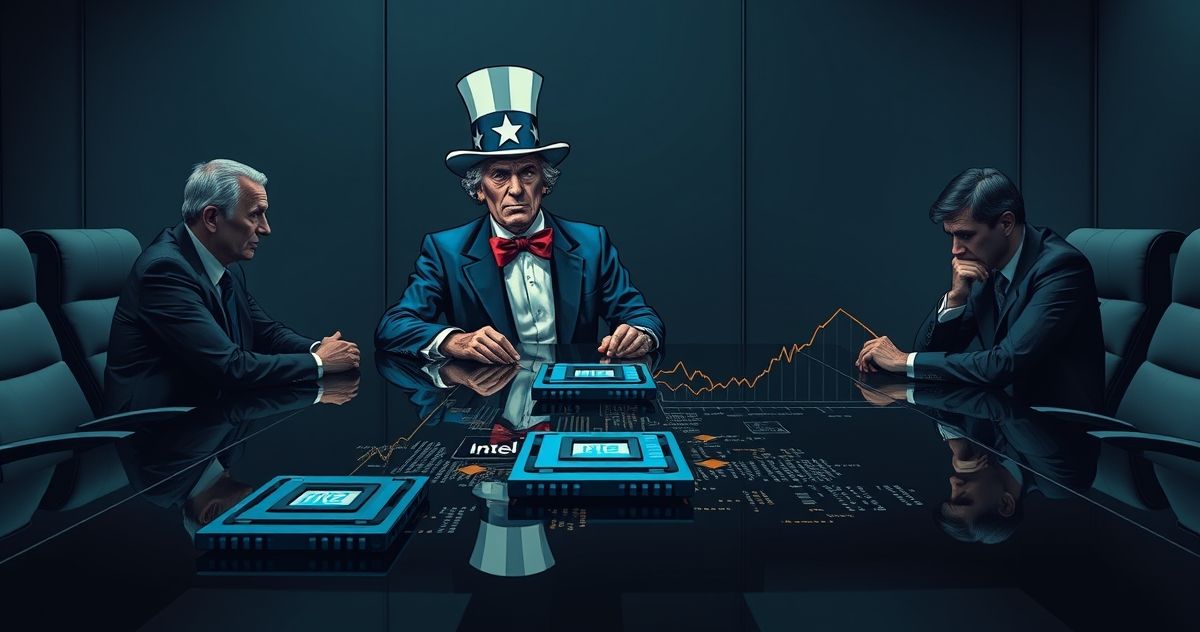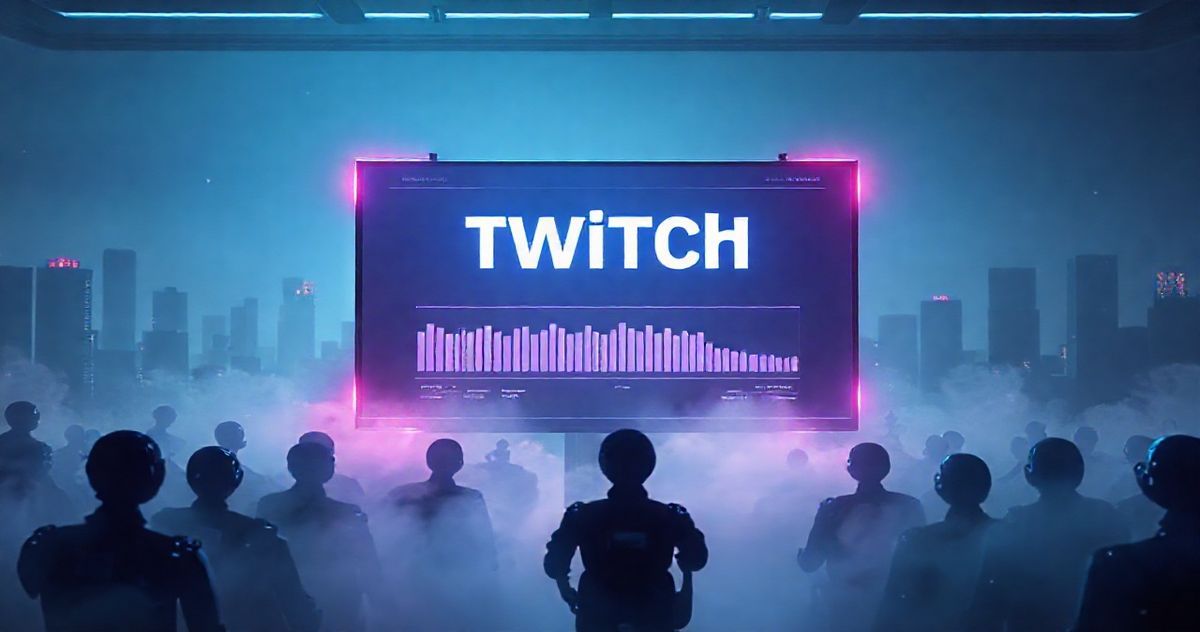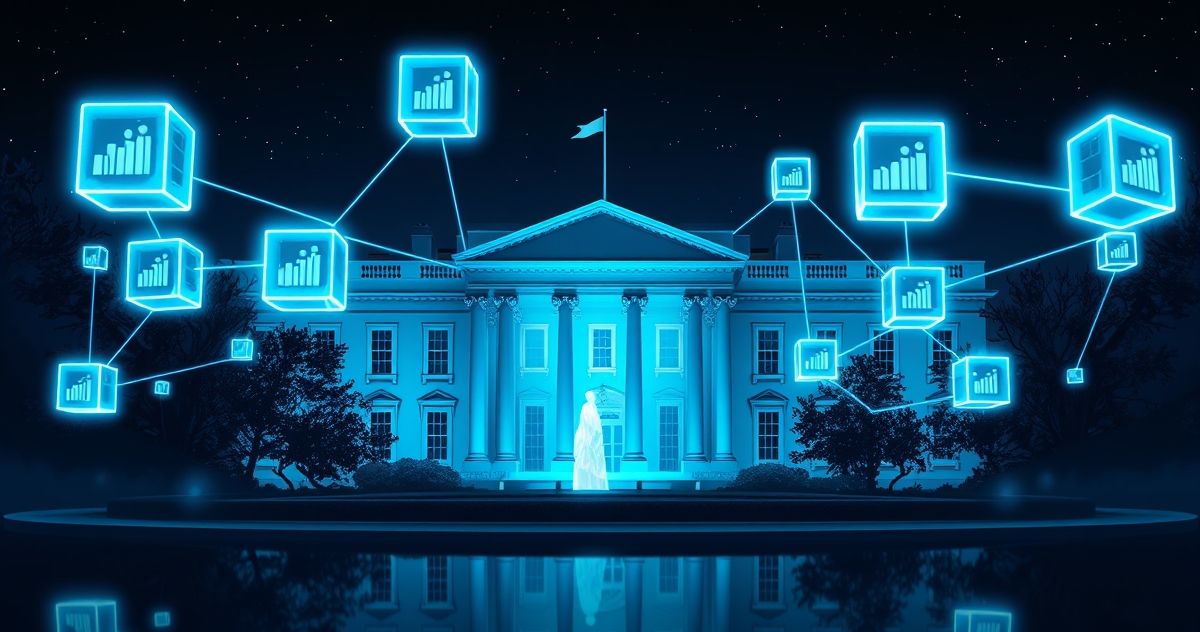Can you imagine the government suddenly owning a piece of your company? Not just any company, but a tech giant like Intel? Well, it just happened. The US government recently took a 10% stake in Intel, and the company is already warning its investors to brace for some serious turbulence. We’re talking about potential losses and a whole lot of uncertainty.
Intel’s leadership isn’t sugarcoating it. There’s a strong feeling that this isn’t just a simple investment. One quote from the CEO really stands out: “It sets a bad precedent if the president can just take 10 percent of a company by threatening the CEO.” That’s a pretty blunt statement, isn’t it? It suggests a situation far more complex than a typical market transaction. And it makes you wonder: what does this move really mean, not just for Intel, but for the entire business landscape?
### A New Kind of Partnership? Not Exactly.
When a company warns its investors about losses after a significant financial injection, it raises a lot of red flags. Usually, a large investment brings stability, capital for growth, and new opportunities. But Intel’s warning points to the exact opposite. They’re foreseeing operational difficulties and a potential financial hit. This isn’t about Intel struggling to innovate; it’s about external forces possibly derailing their plans.
The fact that Intel’s CEO used the word “threatening” is a huge deal. It implies this isn’t a voluntary, mutually beneficial partnership. Instead, it sounds like an imposition. If the government can step in and essentially force its way into a private company’s ownership, it fundamentally changes the game. Investors, who rely on predictable market conditions and corporate autonomy, will likely see this as a massive risk. It casts a shadow over Intel’s ability to make independent business decisions, innovate freely, and ultimately, deliver value to its shareholders.
### The “Bad Precedent” That Keeps CEOs Up At Night.
Let’s dig into that “bad precedent” idea for a moment. If the leader of a country can compel a major corporation to give up a piece of its ownership, where does that line end? This isn’t about regulation, which all businesses expect. This is about direct government intervention into the equity structure of a private enterprise. It bypasses market forces, shareholder votes, and the usual mechanisms that govern corporate ownership.
Think about the ripple effect. What message does this send to other companies, both big and small, across different industries? Could it happen to a pharmaceutical company? A car manufacturer? A software developer? This kind of action could make businesses think twice about investing, expanding, or even operating in a country where their ownership could be subject to such direct, high-level pressure. It could stifle innovation and long-term planning if companies constantly fear losing control over their own future to political whims.
I remember my cousin, Sarah, who runs a small artisanal jam business. She built it from scratch, long hours, personal loans, pouring her heart into every jar. One day, the local city council, wanting to “support local business” but also wanting some say in the town’s food supply, offered her a “partnership.” It sounded good on paper. They put in some money and took a 10% stake. But soon, they were dictating suppliers, demanding certain flavors be prioritized over others, and even suggesting new branding that Sarah hated. They owned 10% of her business, and suddenly, her dream felt less like hers and more like a public utility. She lost her passion, her flexibility, and eventually, the unique spark that made her jam special. That 10% stake wasn’t the support she imagined; it was a slow takeover of her autonomy. If it can happen to Sarah’s jam business, imagine the complexity and the stakes with a multi-billion-dollar tech giant like Intel, operating on a global scale.
### What This Means For You and Your Investments.
This isn’t just about Intel’s balance sheet. It’s about the underlying principles of a free market economy. If the rules of ownership can be changed so dramatically, it impacts everyone who invests, works for, or relies on American businesses. Here are a few things to consider:
* **Uncertain Future for Intel:** Investors might see increased risk due to potential political influence on key business decisions, which can impact profitability and growth.
* **Chilling Effect on Innovation:** Other companies might become more cautious about taking risks or making long-term investments if they fear similar government interventions, potentially slowing down technological progress.
* **Broader Market Instability:** If this kind of intervention becomes a trend, it could shake investor confidence across various sectors, making the market less predictable and more volatile.
* **Questions of Fair Market Practice:** It challenges the very idea of a truly free and competitive market if government actions, rather than economic performance, dictate ownership stakes.
This isn’t just a corporate hiccup; it’s a potentially fundamental shift in how government and private industry might interact. It’s a move that raises serious questions about economic freedom and corporate independence. So, if the government can take a piece of a company like Intel, what kind of precedent does that truly set for the future of business in America?










